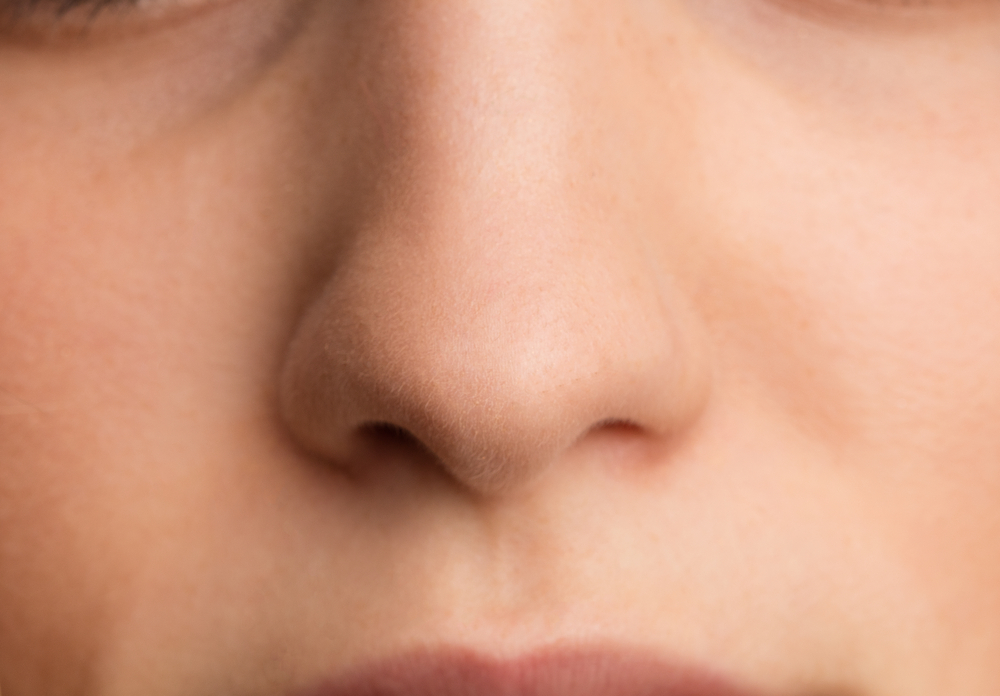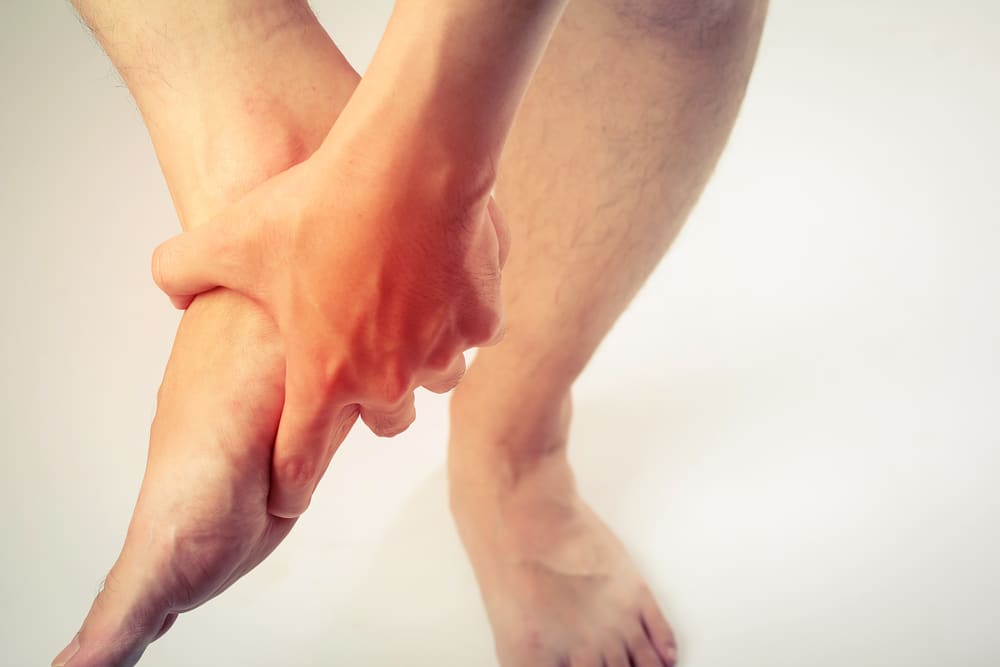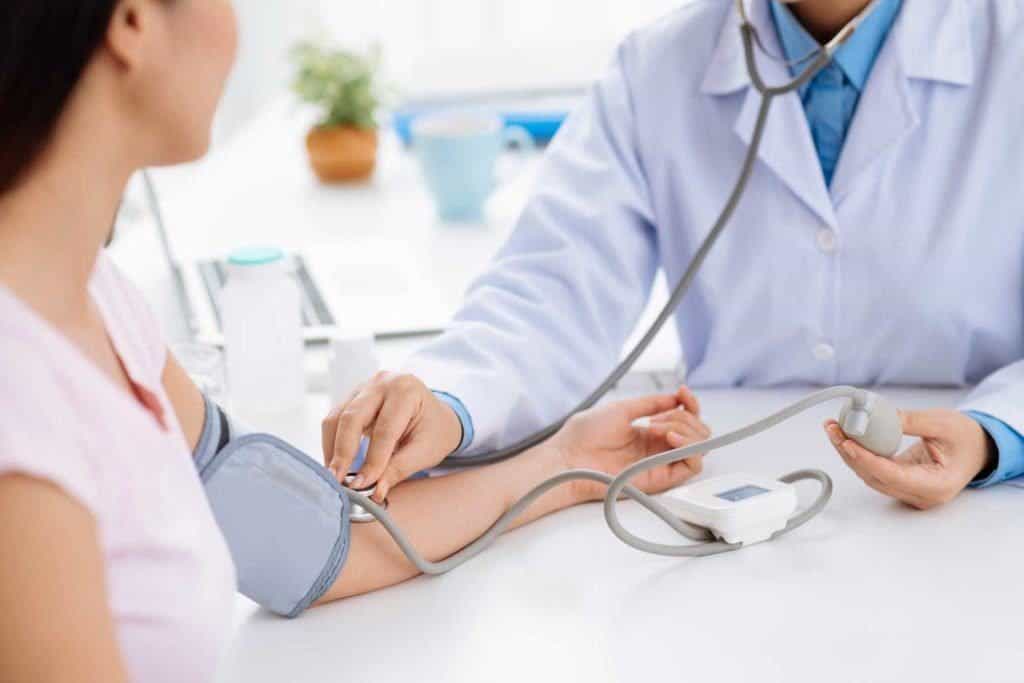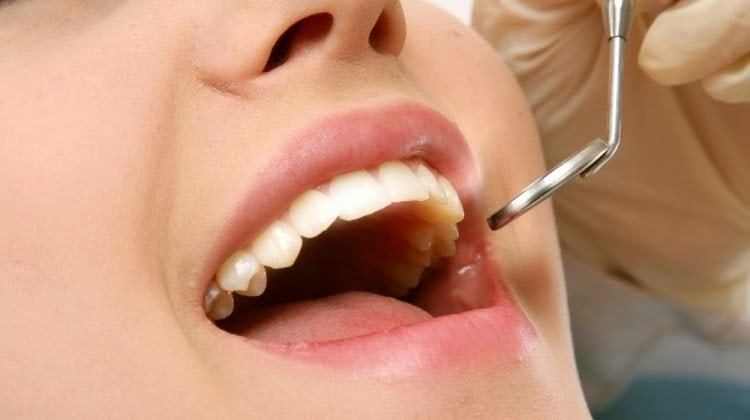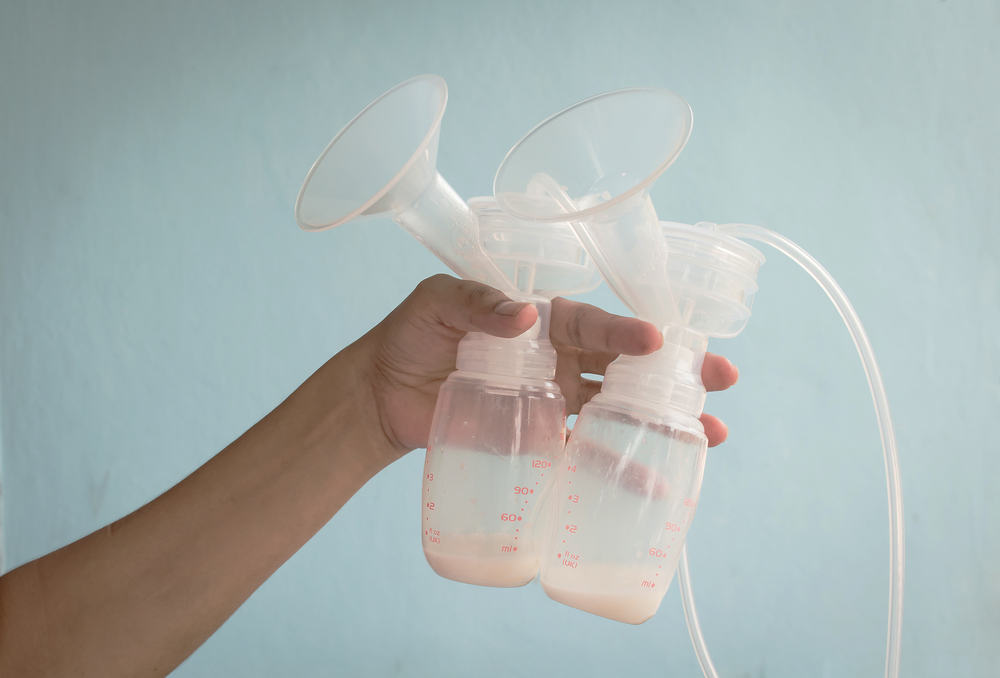Contents:
- Medical Video: I Tried the 2 weeks No Rice Diet Challenge- Results & My Experience & What I Ate
- Changes in the body when we reduce carbohydrates
- 1. Decreased appetite
- 2. Decreased body weight
- 3. Increased concentration and energy
- What are the side effects?
- 1. Easy to get tired
- 2. Constipation
- 3. Insomnia
- 4. Bad breath
- Is ketosis safe?
- Who should avoid ketosis?
Medical Video: I Tried the 2 weeks No Rice Diet Challenge- Results & My Experience & What I Ate
Every day, our body's metabolism produces energy needed for activities and various bodily functions. Usually, energy is obtained from glucose which is sourced from daily food. However, in certain circumstances, the metabolic process to produce energy can also use a layer of fat in the body. This is known as ketosis.
Ketosis is a temporary metabolic condition, in which the body no longer metabolizes glucose from food, but by breaking down fat in the body. This process encourages the liver to break down fatty acids to produce compounds ketone, among them beta–hydroxybutyrate and acetone which is then distributed to various tissues and body fluids.
There are several things that cause the body to burn fat to produce energy, including fasting, high-intensity physical activity, or a low-carbohydrate diet. The condition of ketosis allows the body to reduce the fat layer more, in a time that tends to be short.
Changes in the body when we reduce carbohydrates
Here are some changes when the body uses fat instead of glucose from carbohydrate foods:
1. Decreased appetite
this is especially true when the condition of ketosis is triggered by consumption of fewer carbohydrates. Decreasing consumption of carbohydrate food sources can lead to changes in hormone regulating hunger, because the body consumes more food sources of protein, vegetables, and fruit. Ketone compounds produced when experiencing ketosis also affect the brain responding to hunger.
2. Decreased body weight
Like the effects of low carbohydrates in general, a body that lacks carbohydrates will find it easier to lose weight because the body breaks down fat. This happens if ketosis lasts for a few weeks and can last a long time or for a while, depending on how quickly the body stops using fat as an energy ingredient and stores food reserves again.
3. Increased concentration and energy
Reducing carbohydrate consumption for a long time encourages the body to adapt to using fat as an energy source. Reducing energy sources that are more easily broken down like carbohydrates will help the body to regulate energy sources more efficiently. When lack of glucose, the brain also begins to adapt to using other energy sources such as ketones to replace carbohydrates. The mechanism also helps the brain work better in concentrating and remembering.
What are the side effects?
Despite its many benefits, the metabolism of fat in the body to replace glucose also has several side effects, which may not be harmful but can interfere. Among others are:
1. Easy to get tired
This symptom occurs at the beginning of the body, when the body just starts using fat as an energy source, and can take place in a few days before the body fully adapts. At the beginning of adaptation, the body releases the remaining carbohydrates and water, in addition to using fat as an energy ingredient. To overcome this, increase the consumption of electrolytes or sodium, potassium and magnesium mineral salts when you consume small amounts of carbohydrates.
2. Constipation
The condition of ketosis is also accompanied by the removal of excess fluid and less amount of leftover food. Therefore, it is very important to replace body fluids and eat foods with complex carbohydrates when lacking consumption of simple carbohydrates such as flour and rice.
3. Insomnia
Difficulty sleeping when the body has ketosis due to hunger due to consumption of carbohydrates with a smaller amount usually. This causes individuals who develop ketosis to wake up from sleep at night when the carbohydrate levels are lowest, and it is difficult to go back to sleep.
4. Bad breath
Changes in bad breath are caused by an increase in compounds acetone in the urine and breath. This condition can be lost when the body is no longer in ketosis condition, or the body begins to get used to using fat as an energy ingredient because of its level acetone has declined again. This of course can be overcome by brushing your teeth or doing justice.
Is ketosis safe?
Basically ketosis is not harmful to health because it is only in the production of compounds ketone excess fat metabolism. Reducing carbohydrates to trigger the condition of ketosis can be beneficial for health, especially individuals who are obese and uncontrolled cholesterol levels. Ketosis also tends to be safe as long as the individual's body can adapt and not trigger the production of compounds ketone excess to cause poisoning (ketoacidosis) as in heavy alcohol drinkers and diabetics.
Who should avoid ketosis?
Ketosis is a condition that triggers diabetic ketoacidosis, especially in people with type 1 diabetes. When diabetics tend not to be able to use glucose as an energy source, the condition of ketosis also increases ketone in the blood, triggering ketoacidosis or an acidic pH. Katoacidosis causes several symptoms such as excessive thirst, abdominal pain, nausea, dehydration, vomiting, and can end in death.
Detecting the condition of ketosis itself tends to be difficult, but need to be aware of when the sufferer experiences the side effects of ketosis, experiences flu symptoms, or when blood sugar levels are higher than 240mg / dL. and injection of the hormone insulin until blood sugar levels are below 240mg / dL.
READ ALSO:
- Which Noodles vs Rice Is Better?
- 4 Sources of Carbohydrates that are Healthier than White Rice
- Which Is More Effective Lower Weight: Reduce Fat or Carbohydrates?




